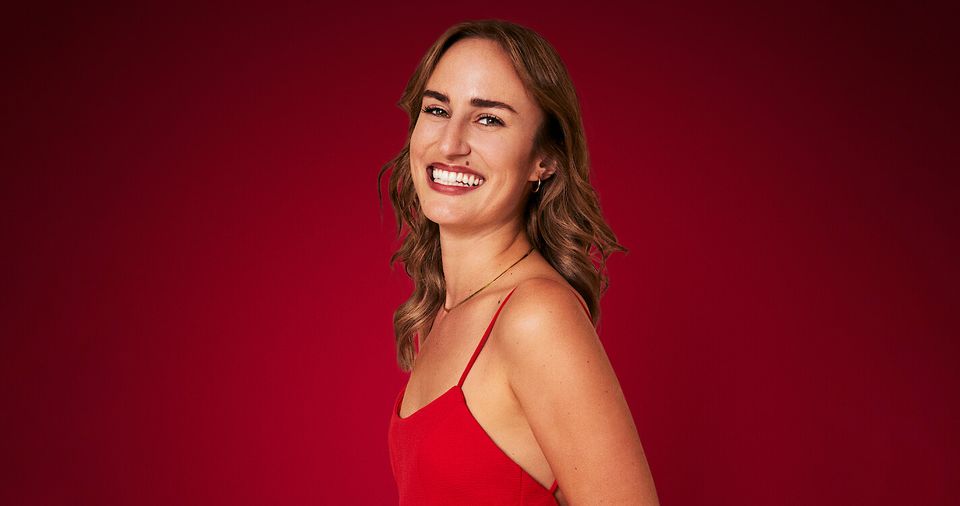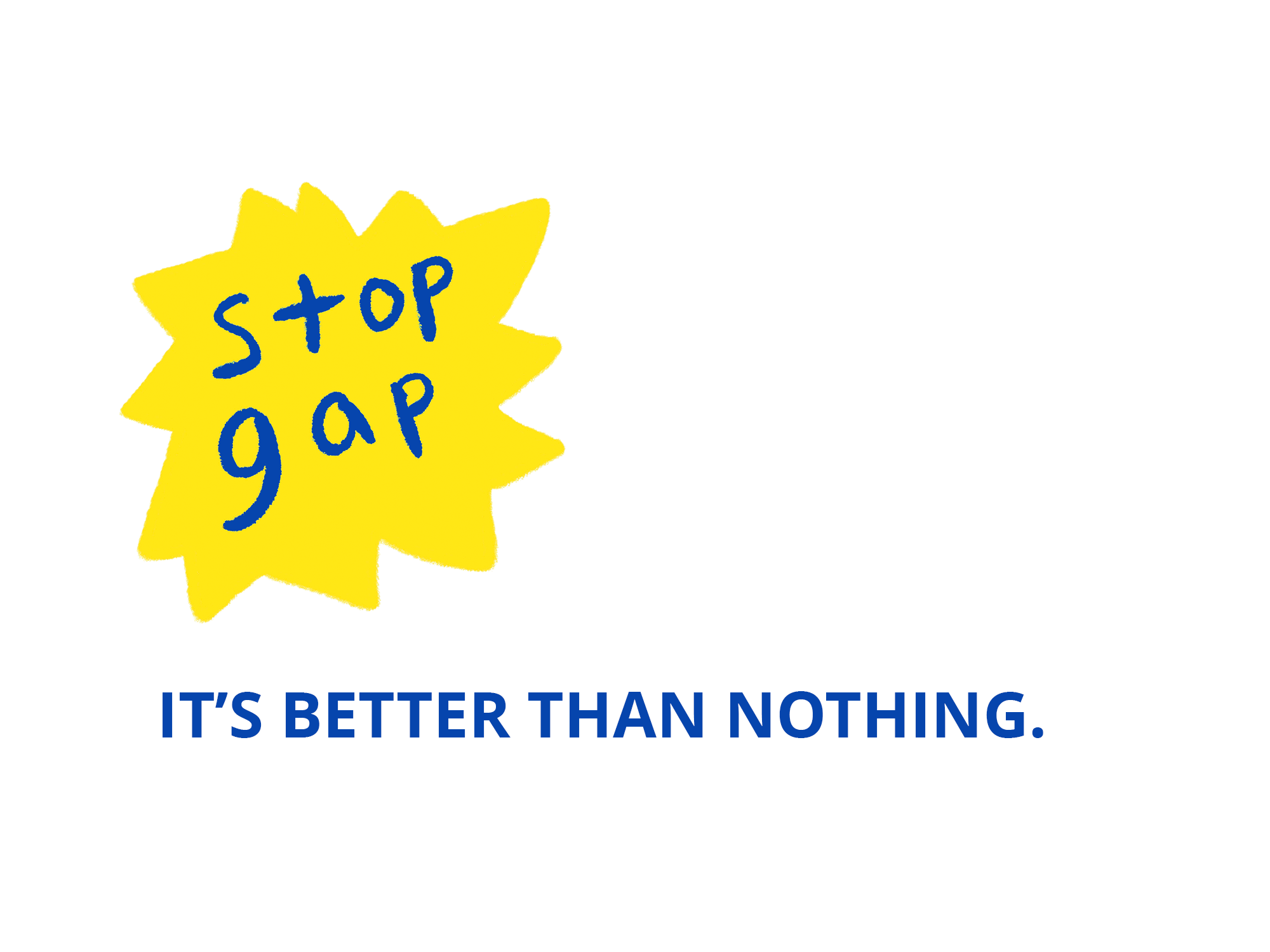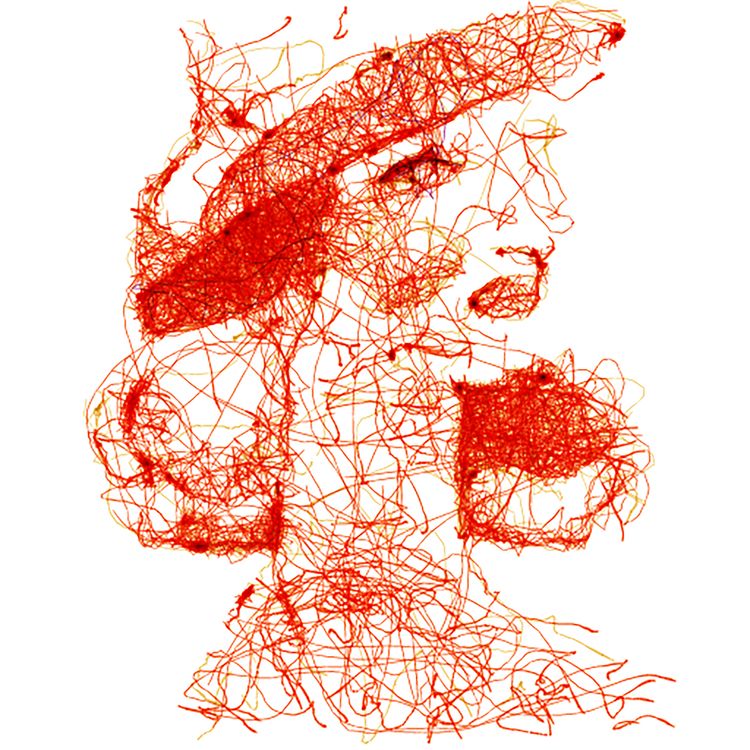On "The Ultimatum: Queer Love"

“Why do queers fight for their servitude as stubbornly as though it were their salvation?”
by J.L. Feldman
I have a commitment problem with TV. I usually watch a handful of episodes before I lapse into an indefinite hiatus. My inability to turn away from The Ultimatum: Queer Love—a show where queers challenge their commitment-phobic partners to marry—could speak to some latent desire to work through my own commitment issues. Or maybe I stuck with it for the sake of queer sociality: since the show began streaming a few weeks ago, several of my gay group chats have been discussing it nonstop. There’s some irony in this, since The Ultimatum represents queer relationships as through a glass darkly. Every other conversation between the couples takes place at a San Diego restaurant with a gas fireplace—a Netflix’s producer’s idea of lesbian decor?—and involves an invocation of their future children. But the queer group chats helped me reconnect the show to topics of queer sociality more familiar to me: diagnosing mis-matched attachment styles, assessing butch-femme dynamics, and 🥵ing through the totally unnecessary night-vision softcore sex scenes.
The show is a queer spinoff of The Ultimatum: Marry or Move On, whose premise intensifies the ideology of monogamy to the point of its perversion. The contestants are couples, each of whom is split over the question of whether to get married; over the course of the show, the couples break up and pair off with a member of one of the other couples in a 3-week “trial marriage.” The contestants then return to their original partners for another trial marriage before determining whether they will marry the original partner, the new partner, or leave single.
As the show unfolds, it becomes clear that many of the issues that the couples face can be chalked up to the contestants’ traumatic experiences with their parents. Mildred’s parents abandoned her when she was 5 years old, and her godmother died a few years later; Aussie’s religious, harsh parents are in denial about Aussie’s queerness. Both Mildred and Aussie act out whenever conflict arises, seemingly reliving their family trauma. Lexi’s parent issues are stranger, if less upsetting. Her parents seem to be her only friends, and they all wear matching Rolexes. It seems like maybe she’s idealized her parents—who both happen to work in the wedding industry—and any indication that she’s not the center of the universe, not living up to her parents’ shining example, sends her into a meltdown.
But the person who commanded my attention—even as her behavior was very difficult to confront with un-cringed face—is Vanessa, the undisputed villain of the show. In typical queer-coded villain cliche, Vanessa is polyamorous and pansexual. She—very sensibly— hints at wanting group sex with the other participants and refuses the concept of marriage, though she performs a rapid 180 when it becomes clear that her ex-partner, who initially wanted to marry her, has fallen for someone new.
The most obvious reading of Vanessa is that she is a narcissist obsessed with winning the affections of those who don’t like her, discarding those who demonstrate interest. (You can debate with your clique whether or not Vanessa intentionally rankled Lexi, the show’s silver-medal narcissist, in order to live rent free in Lexi’s head for the rest of the experience.) The show invites us to diagnose Vanessa’s Oedipal identification with her distant father, who she surprisingly invites to meet her “trial wife,” Rae. (Vanessa suggests as much when she announces, upon his arrival, “The man, the myth, the legend. Big papa has arrived!”) In the conversation that ensues, he reveals that he is happily divorced and that he finds it best to break up with anyone who likes him too much after 2 months.
What’s compelling about Vanessa is how there seems to be something going on in excess of what Deleuze and Guattari called the Oedipal triangle of “mommy-daddy-me”. She’s not quite the narcissist hoping to win daddy’s affections for herself: she appears to have no sense of a “self” whatsoever. She is constantly saying completely outlandish things, then reappropriating statements made by others on the show, making her true position inscrutable. In Episode 2, Vanessa says (seemingly unironically) that she’s confident Xander will never fall for someone else because, “I’m beautiful. Right?” (A charmingly, obviously vain attempt at flirtation!!!) She goes on: “Xander’s been saying that she would be asexual if not for me.” By Episode 6 she abouts-face. Just after Rae, who is quite self-effacing, shares how her experience of the first trial marriage helped her learn to put herself first, Vanessa repeats Rae’s line, despite the fact that this never seemed to be Vanessa’s problem. Vanessa then begs for Xander to marry her. In subsequent scenes, she proceeds to sabotage both Xander’s relationship with Yoly and Yoly’s relationship with Mal.
If it seems like the other contestants want something that they lack, Vanessa apparently wants for nothing: she’s a factory of desire where production is unceasing, the pressure gauges are in the red, and the widgets are piling up. Deleuze and Guattari say that “Lack is created, planned, and organized in and through social production,” an idea that resonates with Sophie Lewis’s argument that the family is an institution that functions to ration love, intimacy, and care.
In the context of the other contestants’ ostensibly earnest desire for marriage, Vanessa comes off as a kind of parody of a marriageable subject, chopping and screwing the heteronormative script of the show. What if Vanessa’s behavior is symptomatic not of her own family drama, but of the warped form of “queer” sociality enacted by the show?
The Ultimatum’s premise is that “queer love” is assimilable to the heteronormative script. The show offers a limited set of options of queer relationships—you're either a friend, an ex, or a wife—that efface other kinds of queer collectivity and their associated forms of intimacy. Vanessa seems to have absorbed the excesses of queer gender and sexuality ruled out by the show, vomiting them back up only to scandalize the other contestants. Pushing queer inscrutability to its margins, and queerness returns in the form of Vanessa’s manipulative—and, some contestants argue, violent—behavior. Leo Bersani claimed that gay sex, specifically penetrative sex, had a subject-annihilating quality to it: is it a coincidence, then, that Vanessa’s digital penetration of Rae during their trial marriage becomes the scandal that it does? Vanessa is the non-subject who threatens the others’ attempts to inhabit their liberal, heteronormative subjectivity (ready for a wife and kids, etc.).
Just how might queer sociality—one whose antagonisms to heteropatriarchy were not so repressed—have looked? One of the group chats tossed around the idea that noted bisexual television couples’ therapist Dr. Orna Guralnik could have been invited onto the show to work with the participants in navigating their various psychological struggles. This seems like it would have been more ethical, and it’s hard to disagree with Maddy Court (aka xenaworrierprincess) in her assessment that Aussie is “definitely a trauma survivor who needs therapy and not the pressure of being on a trash reality TV show.” But part of me wanted to object. Guralinik herself acknowledges the limits of the couple form. It has been made to bear too much: the violence of patriarchy, the deterritorializations of capitalism. Queerness might have invented utopian forms of collectivity, or barring that, at least have blown up the couple form. All these queer people together, in their weird San Diego bars—something else should have been possible. Maybe what I’m saying is: Let Vanessa cook.



Comments ()